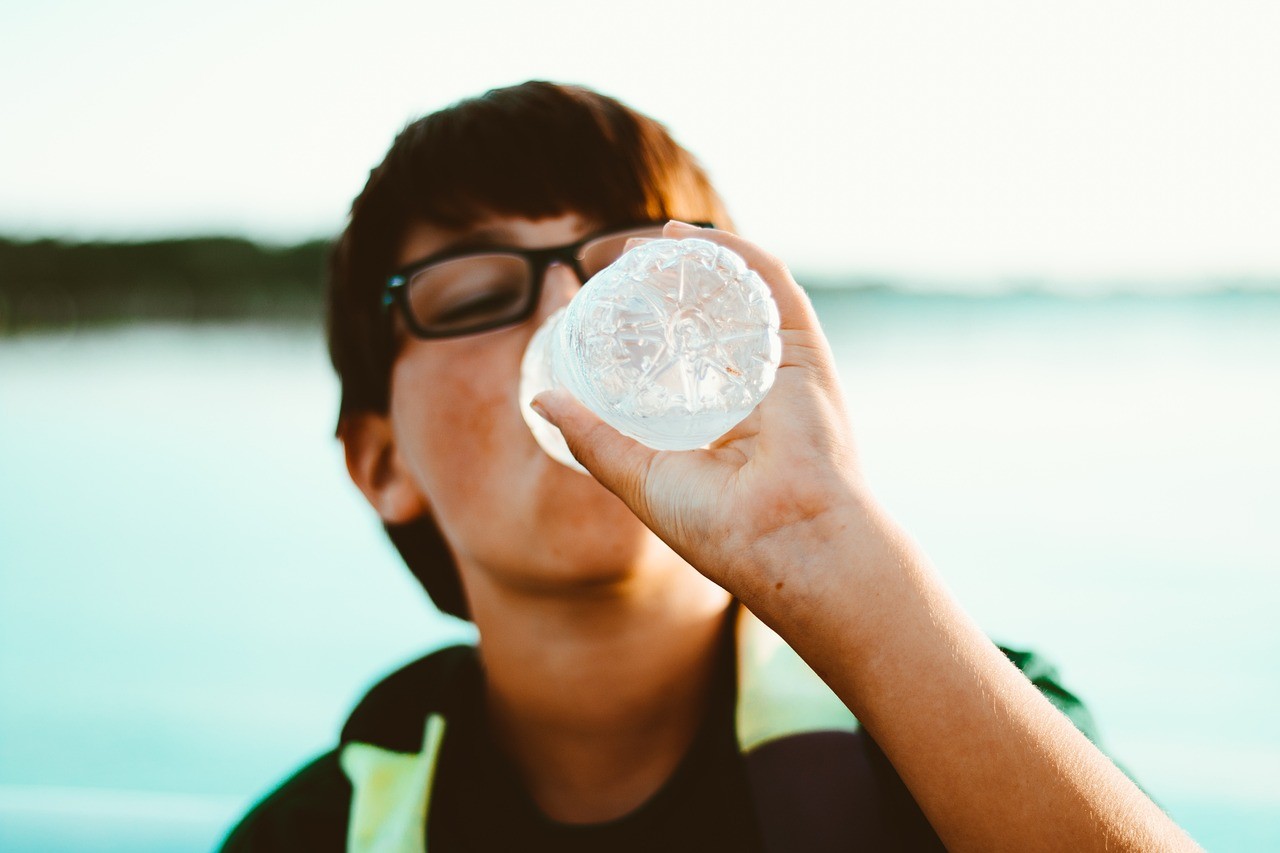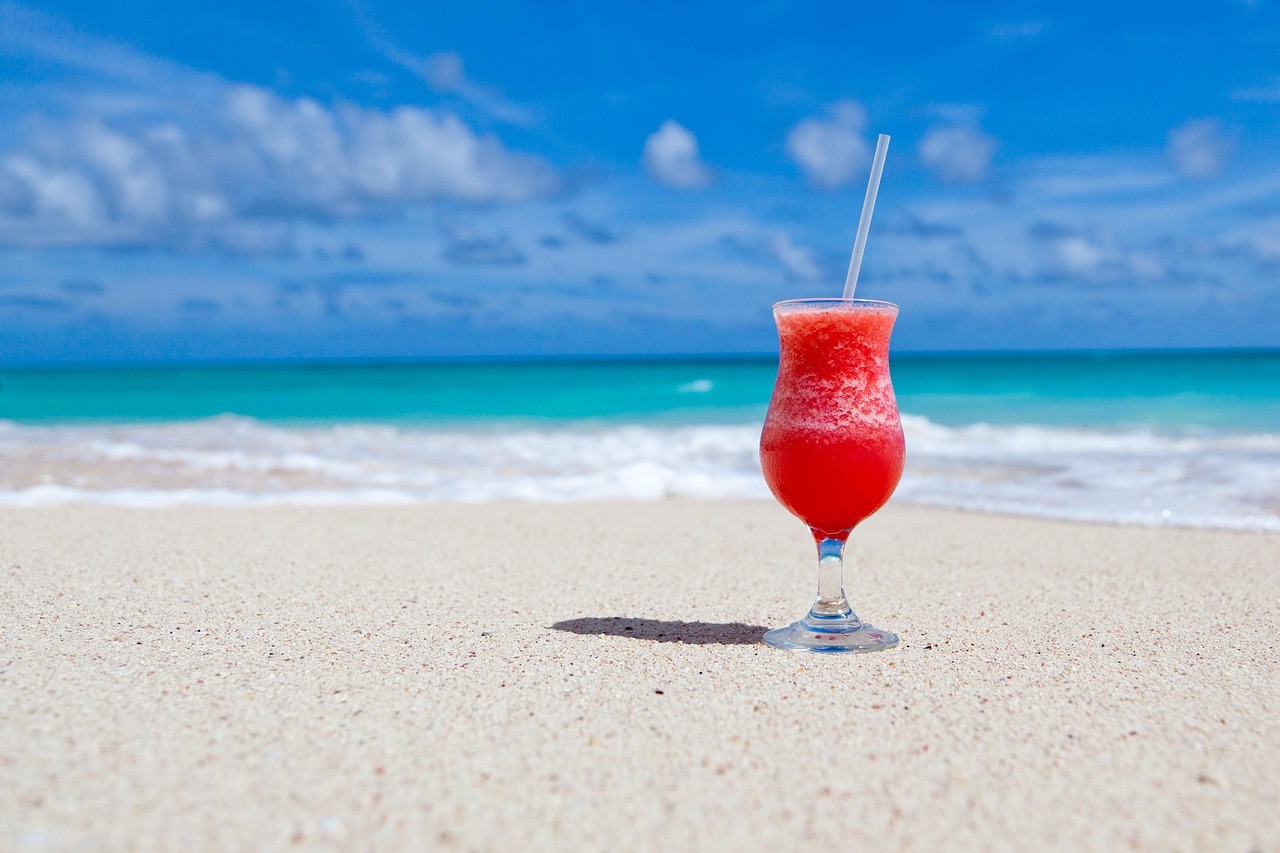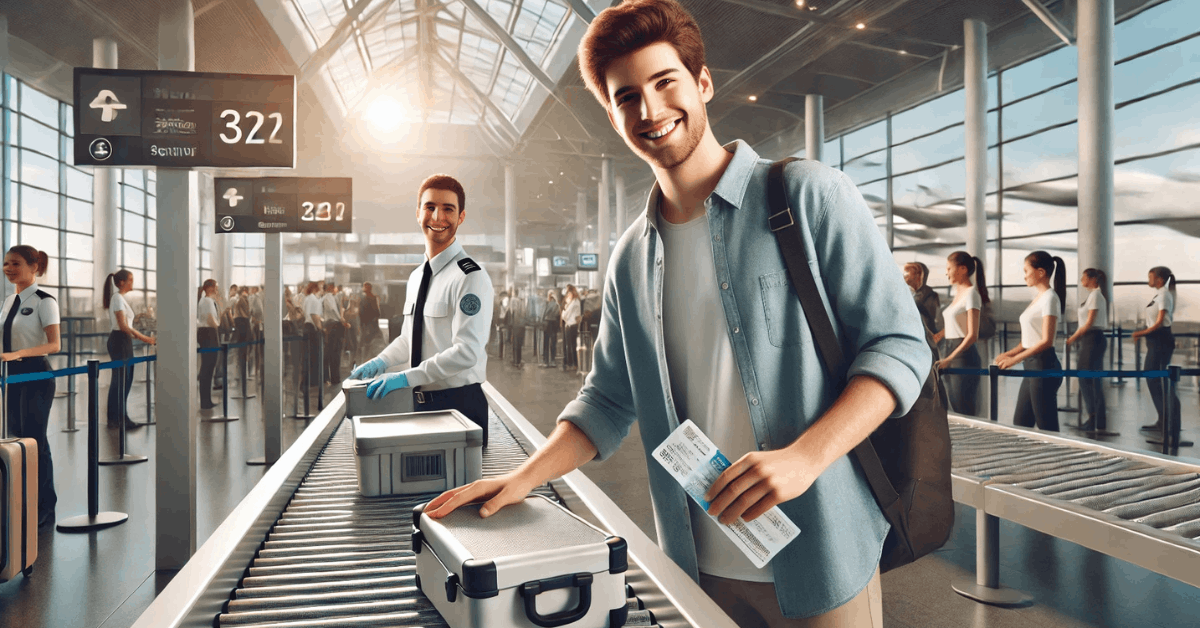Have you ever wondered how to stay refreshed and energized during your travels?
In this guide on travel hydration, we'll reveal essential tips to ensure you remain at your best, whether on a long flight, a road trip, or exploring new destinations.
Stay tuned to learn how to quench your thirst for adventure while staying well-hydrated throughout your journeys. From pre-travel preparation to on-the-go hydration strategies, we've got you covered.

Understanding Travel Dehydration
Travelers are often prone to dehydration due to several factors:
- Limited access to water sources
- High altitudes during flights
- Dry cabin air
- Hot climates at destinations
- Increased physical activity
- Changes in routine
- Alcohol and caffeine consumption
Common Symptoms of Dehydration During Travel
Recognizing dehydration symptoms while traveling is crucial to your well-being. Here are some common signs to watch out for:
- Dry mouth and throat
- Dark yellow urine
- Fatigue
- Headaches
- Dizziness
- Decreased urination
- Sunken eyes
- Rapid heartbeat
Pre-Travel Preparation
Starting your journey well-hydrated is crucial because:
- It helps you feel alert and focused.
- Dehydration can worsen travel discomfort.
- Initial hydration sets a positive tone for your trip.
- Proper hydration supports overall well-being.
- It reduces the risk of travel-related health issues.
Tips on Drinking Water Before Your Trip
Ensuring you're well-hydrated before your trip is an innovative travel strategy. Here are some elaborated tips on how to do it:
- Begin drinking water 24 hours before departure for better fluid absorption.
- Sip water regularly throughout the day instead of consuming large amounts at once.
- Minimize these beverages before your trip to prevent dehydration.
- Include watermelon, cucumbers, and oranges in your pre-travel diet.
- Carry electrolyte drinks if you anticipate excessive sweating.
- The ideal urine color is pale yellow; dark yellow may indicate dehydration.
- Bring one water bottle to promote regular hydration and reduce plastic waste.
Choosing the Right Beverages
To stay hydrated while on the move, making smart beverage choices is essential. Here are the best options for maintaining hydration during your travels:
- Water: Pure and simple, water is the top choice for staying hydrated. Carry a reusable bottle and refill it regularly.
- Electrolyte drinks: These beverages can help replenish lost electrolytes during strenuous activities or in hot climates. Look for low-sugar options.
- Coconut water: A natural source of electrolytes, coconut water is an excellent alternative to sports drinks.
- Herbal teas: Non-caffeinated herbal teas, hot or cold, can provide hydration with added flavor.
- Infused water: Add slices of fruits like lemon, lime, cucumber, or berries to your water for a refreshing twist.
- Diluted fruit juices: If you prefer juice, dilute it with water to reduce sugar content.
- Broth or soup: Warm broths and clear soups can provide hydration and essential nutrients.
- Avoid excessive caffeine and alcohol: While moderate consumption is fine, excessive caffeine and alcohol can lead to dehydration, so use them sparingly.
Information on Water Quality and Safety in Different Destinations
Water quality and safety can vary significantly from one travel destination to another. It's crucial to be informed and take precautions. Here's what you need to know about water safety in different destinations:
Developed Countries:
- Generally safe to drink tap water.
- Use refillable water bottles to reduce plastic waste.
- Check local advisories for any temporary water quality issues.
Developing Countries:
- Avoid tap water, including ice cubes and salads washed with tap water.
- Stick to bottled water from reputable brands.
- Consider using water purification methods like filters or tablets.
Remote or Wilderness Areas:
- Assume untreated water sources are unsafe.
- Carry a portable water filter or purification tablets.
- Boil water for at least 1-3 minutes in emergencies.
High-Altitude Locations:
- At higher altitudes, you may need more water due to increased respiration.
- Stay vigilant with hydration, but also be cautious of water sources.
Beach Destinations:
- Avoid ingesting seawater, as it can dehydrate you.
- Stick to bottled or purified water for drinking and rinsing.
Industrial or Polluted Areas:
- Be cautious of water contamination from industrial pollutants.
- Research local water quality and use appropriate precautions.
Cruise Ships:
- Cruise ships have their water purification systems.
- Ask about the ship's water safety protocols and follow their recommendations.
Mountainous Areas:
- Streams and rivers in mountainous regions are often safe but still purify if unsure.
- Consider the potential for altitude sickness affecting your hydration needs.
Desert Regions:
- The heat in deserts can lead to rapid dehydration.
- Carry ample water and drink regularly to stay hydrated.
Always research the specific water quality and safety guidelines for your travel destination, and take necessary precautions to ensure your water consumption is safe and clean.

On-the-Go Hydration
Staying hydrated while on the move is vital for a comfortable journey. Here are some tips to help you maintain proper hydration during your travels:
- Carry a reusable bottle and refill it whenever possible.
- Avoid waiting until you're incredibly thirsty; take small sips throughout the journey.
- Caffeine can lead to dehydration, so go easy on coffee and caffeinated beverages.
- Alcohol can dehydrate you, so drink in moderation, especially during flights.
- In high-activity or hot climates, electrolyte solutions can help replace lost salts and minerals.
- In warm destinations, increase your fluid intake to compensate for sweating.
- Whether you're on a road trip or a long flight, make a conscious effort to pause and hydrate regularly.
Also read: Essential Rocky Mountaineer Travel Tips You Need to Know
Packing Essentials
To ensure you stay hydrated while on the go, it's essential to have the right items in your travel kit. Here's a list of essentials to include for easy hydration:
- Carry a refillable bottle to keep water readily available.
- Pack water filters or purification tablets for emergencies.
- Consider carrying electrolyte packets or tablets to replenish lost minerals.
- Include water-rich snacks like fruits or granola bars.
- For outdoor adventures, a collapsible water bladder can be convenient.
- Keep beverages chilled, especially during road trips.
- Practical for carrying hot or cold beverages as needed.
- Use smartphone apps to stay on top of your water intake.
- Keep your water at the desired temperature.
- Record your water intake for conscious monitoring.
With these items in your travel kit, you'll have everything you need to maintain proper hydration throughout your journey.
Dealing with Dehydration Emergencies
Recognizing the signs of severe dehydration and knowing how to respond to emergencies can be crucial for your well-being during travel. Here are the signs to watch for and what to do if you suspect severe dehydration:
Signs of Severe Dehydration:
- Extreme thirst: A constant, unquenchable thirst.
- Very dark urine: Urine may appear concentrated and dark yellow.
- Dry mouth and skin: Noticeably dry lips and skin.
- Rapid heartbeat: A high-speed pulse.
- Sunken eyes: Eyes appear deeply set.
- Dizziness or fainting: Feeling lightheaded or losing consciousness.
- Confusion: Mental confusion or irritability.
- Low blood pressure: A drop in blood pressure.
- No urine output: Complete absence of urination.
What to Do in Case of Severe Dehydration:
- Seek medical attention: If someone exhibits severe dehydration symptoms, seek immediate medical help.
- Rehydrate slowly: Drink small sips of water or oral rehydration solutions in less severe cases.
- Rest: Lie down and rest to prevent further dehydration.
- Avoid caffeine and alcohol: These can worsen dehydration.
- Use a cool compress: Apply a damp cloth to the forehead or neck.
- Monitor vital signs: Monitor the person's condition while waiting for medical assistance.
Recognizing these signs and taking appropriate action can prevent severe complications due to dehydration during travel.
Final Thoughts on Essential Travel Hydration Tips for Staying Refreshed
In conclusion, prioritizing hydration during your travels is essential for your well-being. Starting well-hydrated, making smart beverage choices, and monitoring water quality ensure a more enjoyable journey.
These tips will keep you refreshed and ready for adventure, whether you're exploring landscapes, cities, or relaxing getaways. So, pack that refillable bottle, sip regularly, and stay hydrated to make your travels more rewarding and memorable.

















